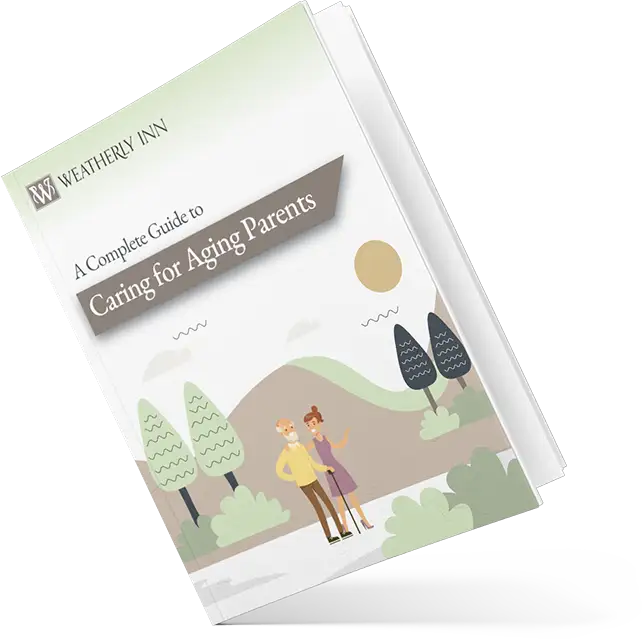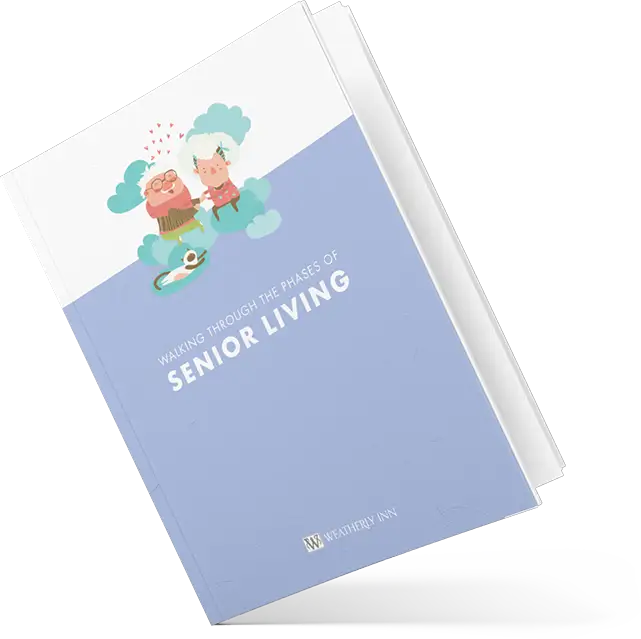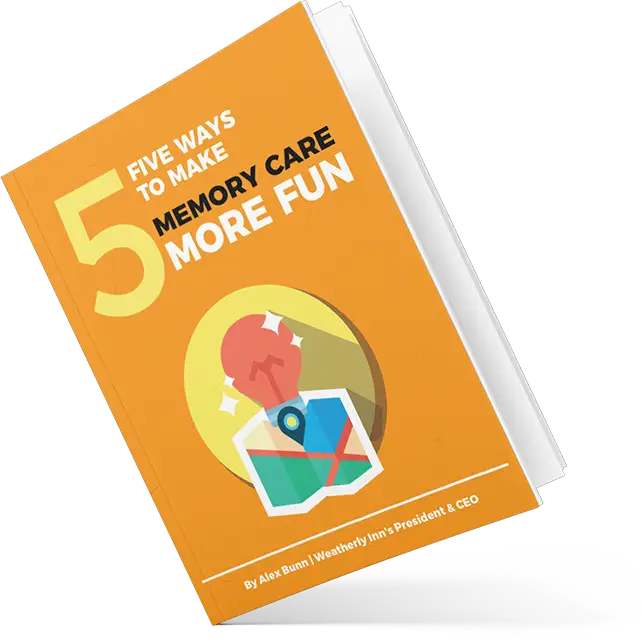November 4, 2019
You’re probably reading this blog because you’re tasked with finding, and financing, appropriate senior care or assisted living for an elderly family member. We’re not going to mince words, assisted living communities can be costly.
When selecting a senior care community for your family member, cost can be a huge factor in your decision-making process. We understand! And we’re here to help.
Read on to learn more about your financing options like:
- federal long-term care insurance
- reverse mortgages
- private funding
- VA benefits
- Medicare and Medicaid
We know that financing senior care living can be incredibly stressful and can even lead to stress-related health issues.
- It’s essential that the senior living communities you look at are entirely transparent about their services and their funding options.
- You should never feel surprised by the assisted living costs!
Get in touch with us today at Weatherly Inn if you’d like help figuring out how to finance senior care for your family member. In the meantime, learn about some funding options here.
What Is Long-Term Care Insurance for Senior Living?
Long-term care insurance is a specific type of life insurance designed to pay for elder care in a nursing home or senior care facility.
Per the Washington State Office of the Insurance Commissioner, “Long-term care insurance provides benefits for a wide range of medical, personal and social services for people with prolonged illnesses or disabilities that require help with daily activities. It can include home health care, adult day care, nursing home care and group living facility care.”
- Alzheimer’s care and memory care facilities also fall under this umbrella, even though this is a different level of care for folks with special care needs.
Your family member may or may not know if they have this coverage. It’s available as a stand-alone life insurance policy, but it might be added to a whole life insurance policy as a rider. In other words, you may be able to cash out part of the value of a life insurance policy to pay for assisted living arrangements, so read those life insurance policies carefully and contact us if you need help sorting it out.
- Long-term care insurance has been in the news recently in Washington.
- There was a vote on the ballot in November of 2019 regarding House Bill 1087, which was designed to levy a 0.58% tax on wages to fund long-term healthcare services for Washington’s seniors.
- Ultimately, the Bill was “maintained,” meaning more funding for senior care and assisted living facilities in the state.
- Not everyone will qualify. However, Washington residents must be over 18 and have paid into the system for several years to get these benefits to pay for assisted living.
We have a specific article on our blog about long-term care insurance, check it out!
What Are Reverse Mortgages?
The name “reverse mortgage” is a misnomer. Reverse mortgages are loans that will need to be paid back upon the death of the senior who is taking out the loan.
We think Investopedia explains this concept best, so we’ll paraphrase them here: A homeowner age 62 or older who has considerable home equity can borrow against the value of their home.
- The homeowner can receive funds as a lump sum, fixed monthly payment or line of credit.
- The reverse mortgage doesn’t require the living homeowner to make any loan payments.
- However, the entire balance becomes due and payable when the borrower dies, moves away or sells the home.
If you’re considering funding nursing home care with a reverse mortgage, know that family members can be “on the hook” to pay off the loan if there is a significant change in the value of the home in the future.
For instance, if your loved one borrows $80,000 on a $100,000 home, and then the home’s value drops to $75,000, the estate will be required to pay off the reverse mortgage.
Medicaid and Medicare Coverages for Assisted Living
There is often confusion about Medicaid and Medicare coverage. We’ll explain in a bit of detail here, but if you have questions beyond the scope of this article, you should certainly contact us to speak with a professional in person.
Medicaid is health insurance meant to help low-income individuals pay for hospital visits, medications and doctor’s bills. It does cover long- term care in a nursing home facility, but there may be caps involved. Medicaid will also pay for custodial care and in-home care services, as well as skilled nursing situations.
Medicare only offers limited coverage for long-term care. This is the medical coverage provided for our seniors by federal taxpayer funds.
Know that both these programs change from time to time, and your loved one may or may not qualify for either, or both. Again, it’s best to contact us directly so we can discuss the specifics.
What Is Private Funding?
Private funding is often called “out-of-pocket.” This type of payment for custodial senior care comes from your loved one’s assets, such as:
- personal savings, retirement savings, IRAs
- sale of real estate
- “cashing in” investments like CDs, stocks and bonds, etc.
- cashing in a whole life insurance policy for the accrued cash value
- Social Security (SSI) income
Out-of-pocket funding can also mean that your family is paying for elder care in an assisted living home or independent living home. You should consult a financial planner if you are considering liquidating assets to pay for assisted living. Financial planning is vital so that you aren’t caught off guard during your time in assisted living.

For instance, sometimes the adult children of an aging parent can get together, financially, to share the medical expenses and costs of a nursing home or retirement home. When faced with the reality of the stress, care costs, expenses of home care, and so on, many families can find some room in their budget.
More Financial Advice and Financial Support for Seniors
Know that veterans may have some long-term care benefits and financial assistance in their veterans benefits (VA benefits). Generally, the VA will pay for some (if not all) of a veteran’s custodial care. The VA may also pay for the custodial care of a surviving spouse!
- Bridge loans are another option. They are short-term loans meant to be paid back quickly.
Every family, and every loved one in our care, represents a unique situation. For more financial advice about the financial support available for your senior family member, contact us and schedule a tour at Weatherly Inn. We’d love to help you sort through your available options. Quality senior care may be more affordable than you think!
Related Reading and Resources:



